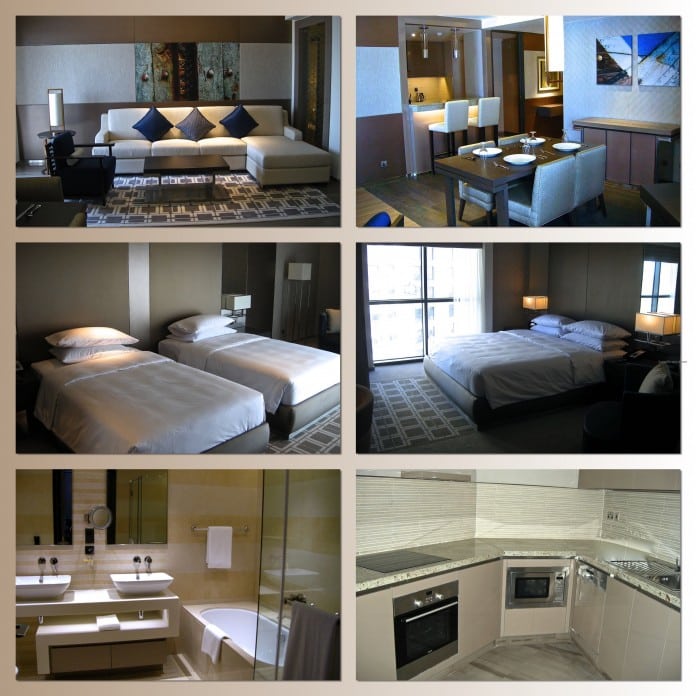
In Asia, a rising number of companies are sending employees on short-term secondments to fill skills gaps and save on relocation costs.
For the business travelers spending weeks, if not months, away from home it’s presenting something of an accommodation rethink. Staying in hotels may work for a few nights but ultimately many prefer a different type of space to call home over longer periods of time – one which comes with comforts such as private outdoor space for hosting friends or an oven to cook their own dinner.
This is where serviced apartments come in: In Asia, they’re increasingly the preferred housing option for the region’s business travelers on short-term work assignments.
“Serviced apartments fill the gap between leased residences and hotel rooms by offering flexibility, strategic locations, up-to-date modern conveniences and value-added services to tenants,” says Tasos Kousloglou, who leads JLL’s Hotels & Hospitality Group’s asset management arm in Asia.
Asia’s business travel boom
The business travel market in Asia is thriving. According to Global Business Travel Association (GBTA), Asia Pacific has the largest share of the business travel spend market followed by North America and Western Europe. GBTA expects that Asia Pacific will have gained another 5 percent market share by 2018, while the US and Western Europe will lose three percent and two percent, respectively.
This business travel boom, combined with the war for talent in the region and rapid economic growth is fuelling demand for serviced apartments across the region.
According to PWC’s Talent mobility 2020 and beyond, the need for companies to shore up skills in key disciplines, regions and projects is creating a sea change in short-term international assignments. In contrast, the number of relocations that last three to five years and are followed by a return to headquarters are falling.
Home-style living
For the modern business executive, being away from home doesn’t mean completely changing their lifestyle. Modern conveniences such as high-speed internet connections, iPod docking stations, up-to-date kitchen appliances and state-of-the-art home entertainment systems at serviced residences help business executives with work-life balance while they are out on short-term assignments, according to Kousloglou.
Rising demand has led hotels to install kitchens and convert hotel rooms into serviced apartments. “Many hotels are now hybrid properties as travellers on work assignments are increasingly looking for more for a home-style living while overseas,” says Kousloglou.




































